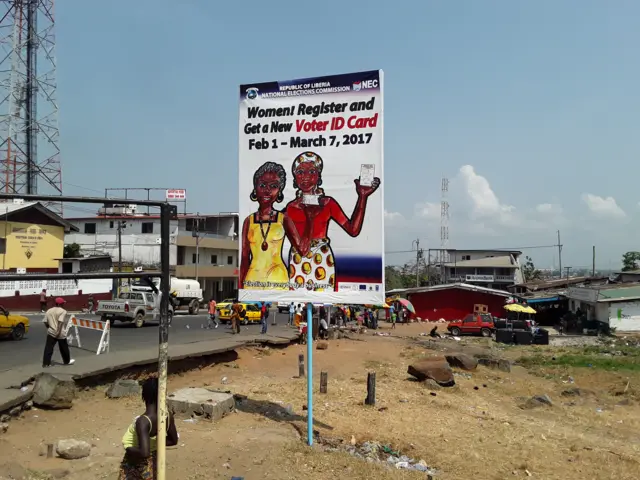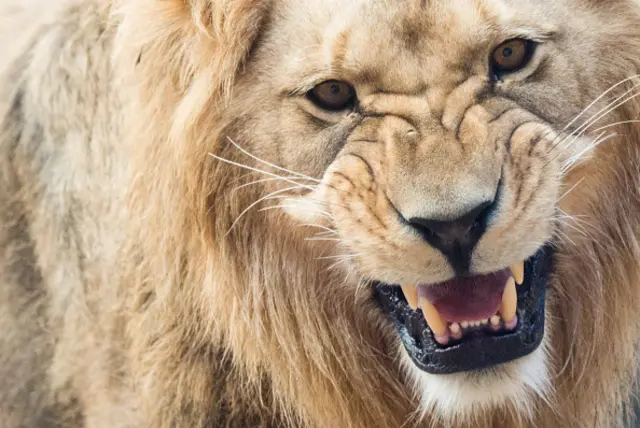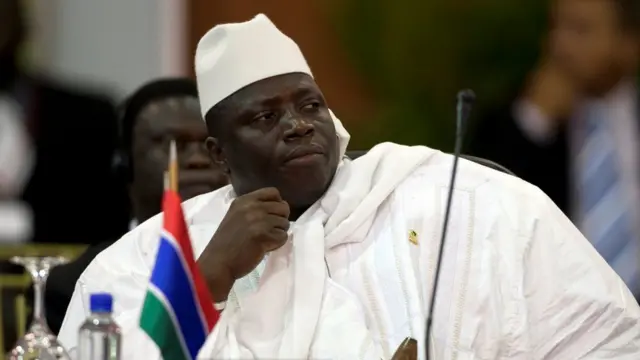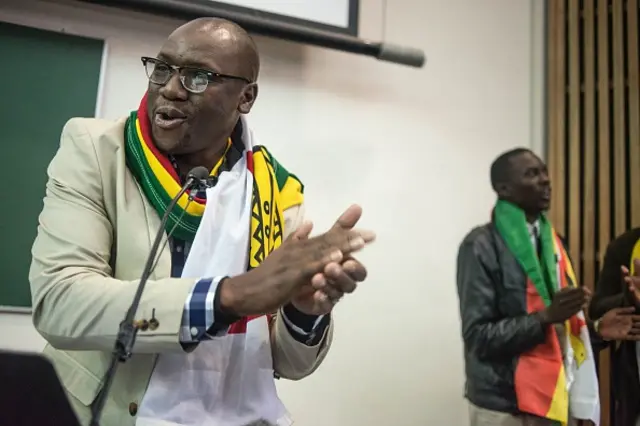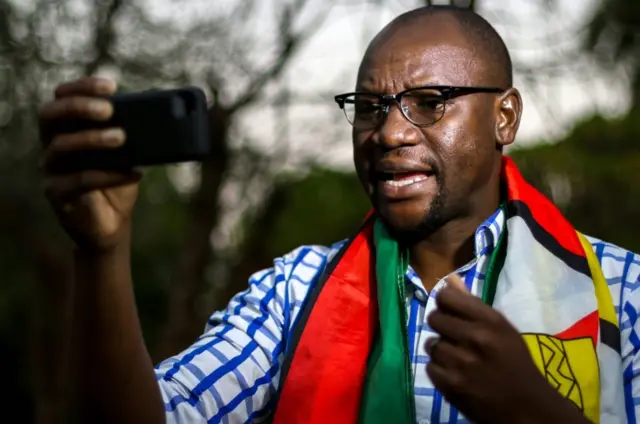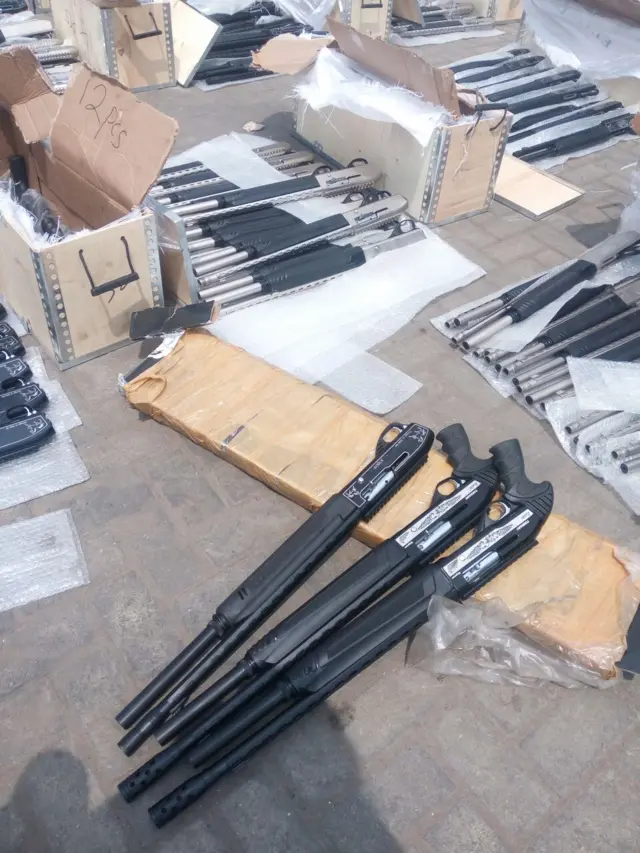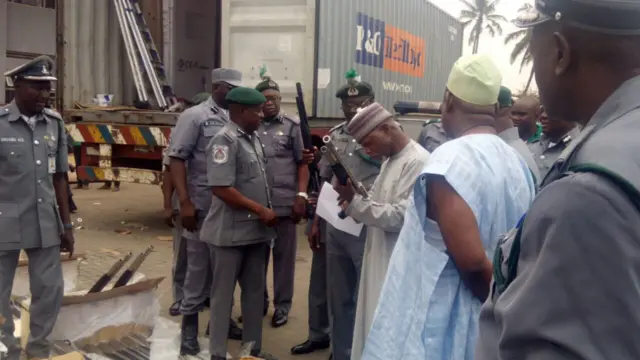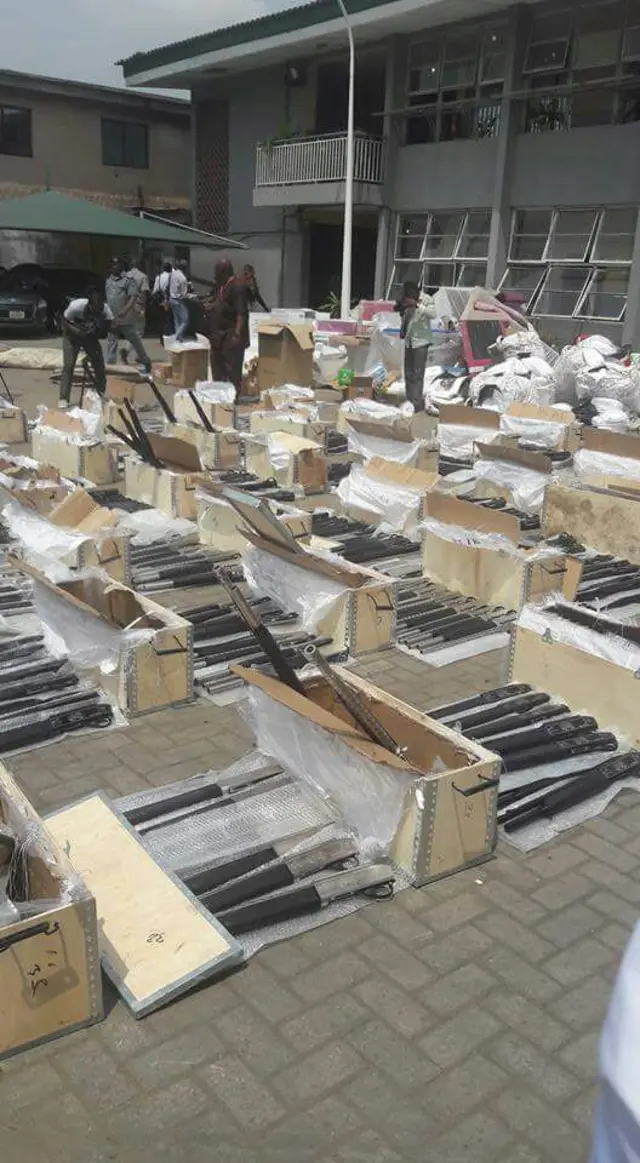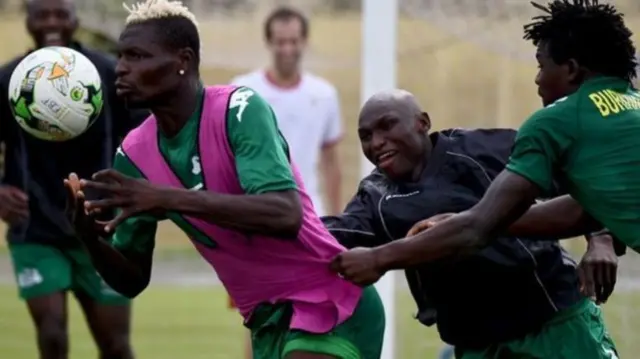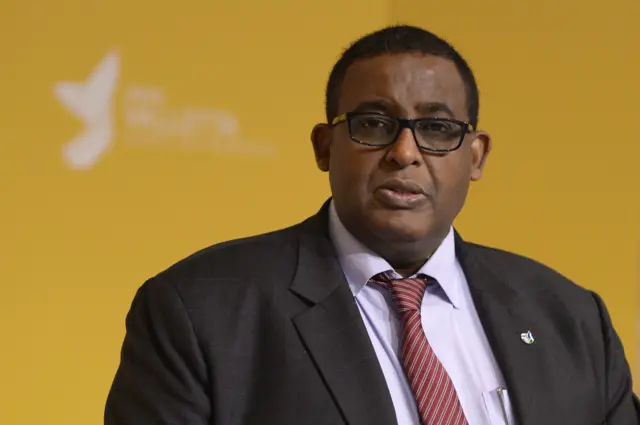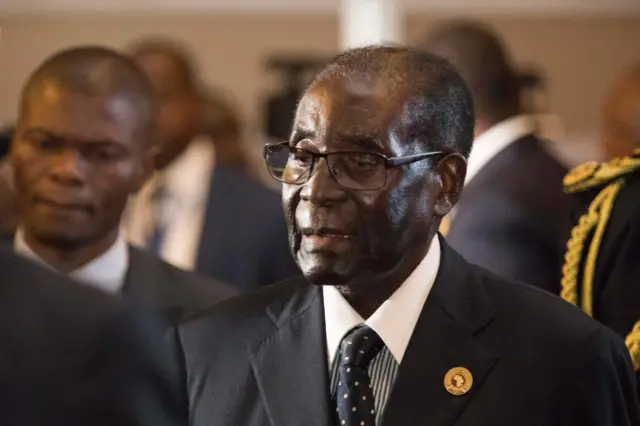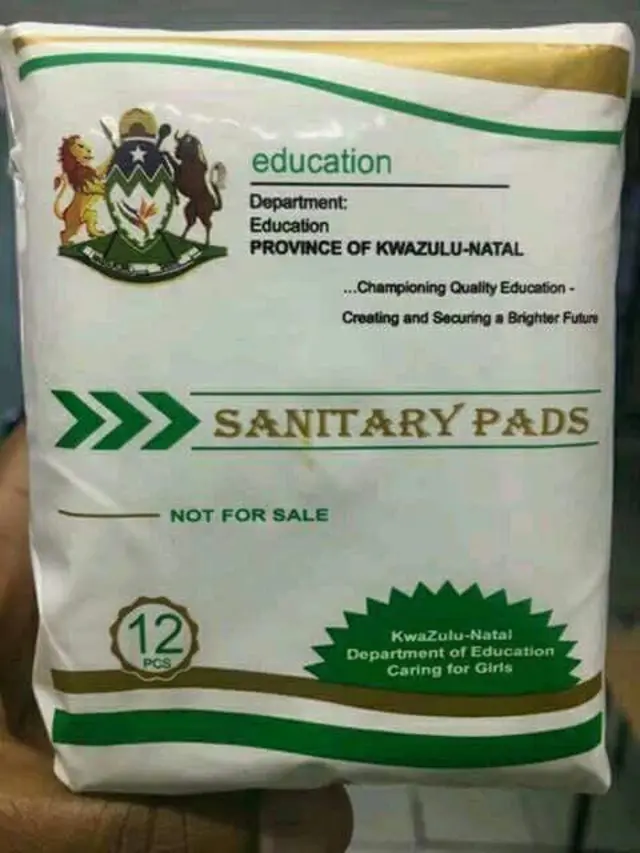Scroll down for Wednesday's storiespublished at 18:37 Greenwich Mean Time 1 February 2017published at 18:37 1 February 2017
We'll be back tomorrow
That's all from the BBC Africa Live page today. Keep up-to-date with what's happening across the continent by listening to the Africa Today podcast or checking the BBC News website.
A reminder of today's wise words:
Quote MessageWhen your in-laws are lizards you should be ready for occasional emergencies."
An Igbo proverb sent by Matyk in Sterling, Virginia, US
Click here to send us your African proverbs
And we leave you with this photo of Egyptian cyclist's tricky balancing act from the @somewhereincairo, external Instagram account
Allow Instagram content?
This article contains content provided by Instagram. We ask for your permission before anything is loaded, as they may be using cookies and other technologies. You may want to read Meta’s Instagram cookie policy, external and privacy policy, external before accepting. To view this content choose ‘accept and continue’.


